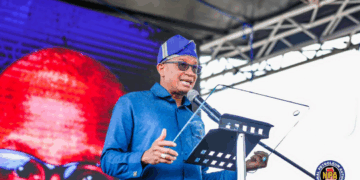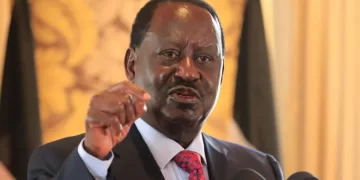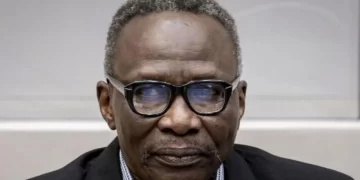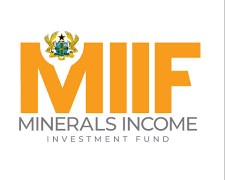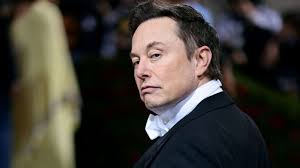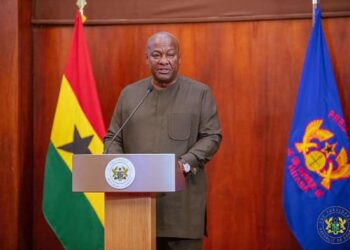Microsoft has been named as a defendant in Elon Musk’s resurrected lawsuit against ChatGPT manufacturer OpenAI, intensifying their long-running spat.
In a revised court case filed on Thursday, Mr. Musk, a co-founder of the artificial intelligence (AI) business, accused the tech giant and the AI startup of running a monopoly.
It comes after earlier lawsuits claimed the corporation had violated the values he had adhered to when he co-founded it in 2015.
Regarding the case, Microsoft chose not to comment.
Mr. Musk’s updated complaint was deemed “baseless” by an OpenAI official.
“Elon’s third attempt in less than a year to reframe his claims is even more baseless and overreaching than the previous ones,” according to the BBC.
They went on to say that earlier emails from Musk that were made public in reaction to his initial complaint “speak for themselves.”
The court filing on Thursday adds LinkedIn co-founder Reid Hoffman as a defendant and updates a case that was filed in a California court in August.
Mr. Hoffman has been contacted by the BBC to respond.
ICYMT: I never brought Beenieman to Ghana – Reggie Rockstone
According to the lawsuit, OpenAI changed from being a “tax-exempt charity to a $157 billion (£124 billion) for-profit, market-paralyzing gorgon.”
Additionally, it asserts that OpenAI and Microsoft utilized a monopoly to drive out rivals in the AI space, including xAI, the business owned by Elon Musk.

“As a result of their unlawful actions, defendants have been unjustly enriched to the tune of hundreds of billions of dollars in value, while Mr Musk has been conned along with the public,” it reads.
‘Capped profit’
In 2015, OpenAI was established with the goal of creating artificial general intelligence (AGI), which is commonly understood to mean AI that is capable of carrying out any task that a human being can.
The company revealed a new “capped profit” structure in 2019 that would enable them to raise capital.
Soon after, Microsoft invested $1 billion in OpenAI, which was later increased to a multi-year, multi-billion dollar agreement in 2023.
Boss Sam Altman, a designated defendant in the case, is also accused of “rampant self-dealing” in the lawsuit.
In his March lawsuit, Mr. Musk claimed the deal had made it “a closed-source de facto subsidiary” of the PC behemoth.
OpenAI refuted his assertions, pointing out that Musk has previously supported the notion of a for-profit organization.
According to a blog post on its website, the billionaire once desired “absolute control” over the business.
As part of his plan to “dismantle” bureaucracy when he returns to the White House next year, US President-elect Donald Trump selected Mr. Musk for a position in government cost-cutting, which coincides with his reiterated assertions.





